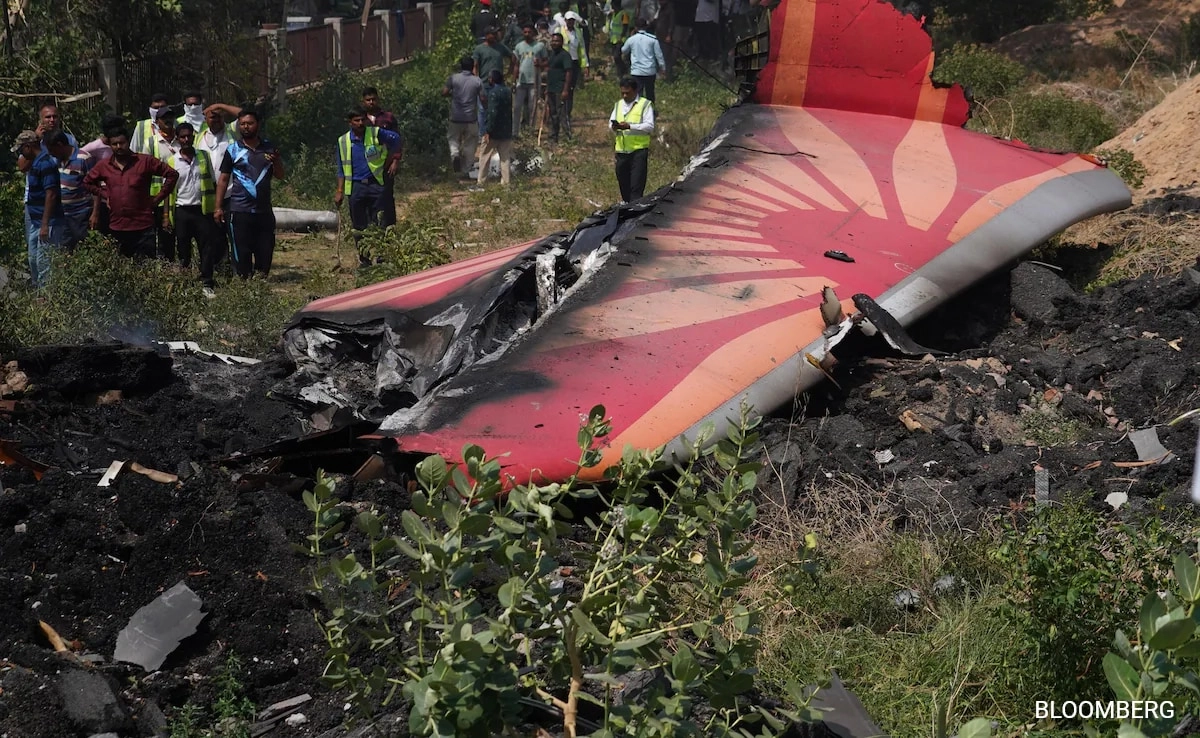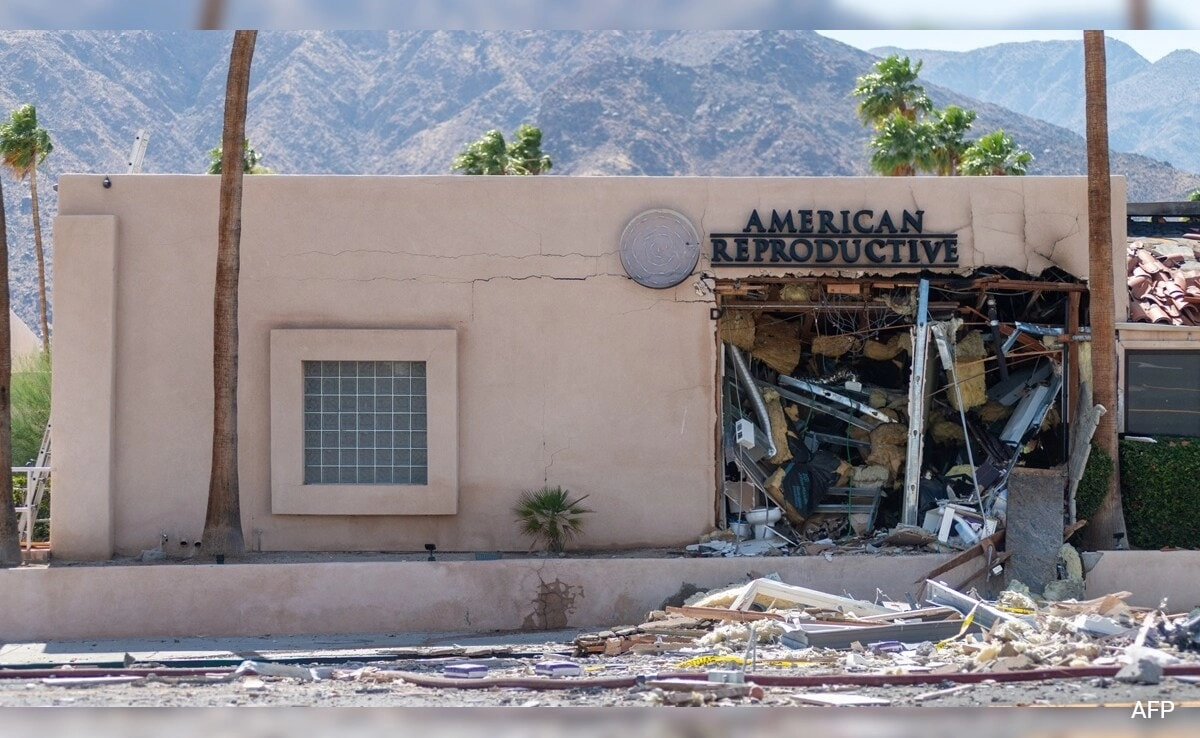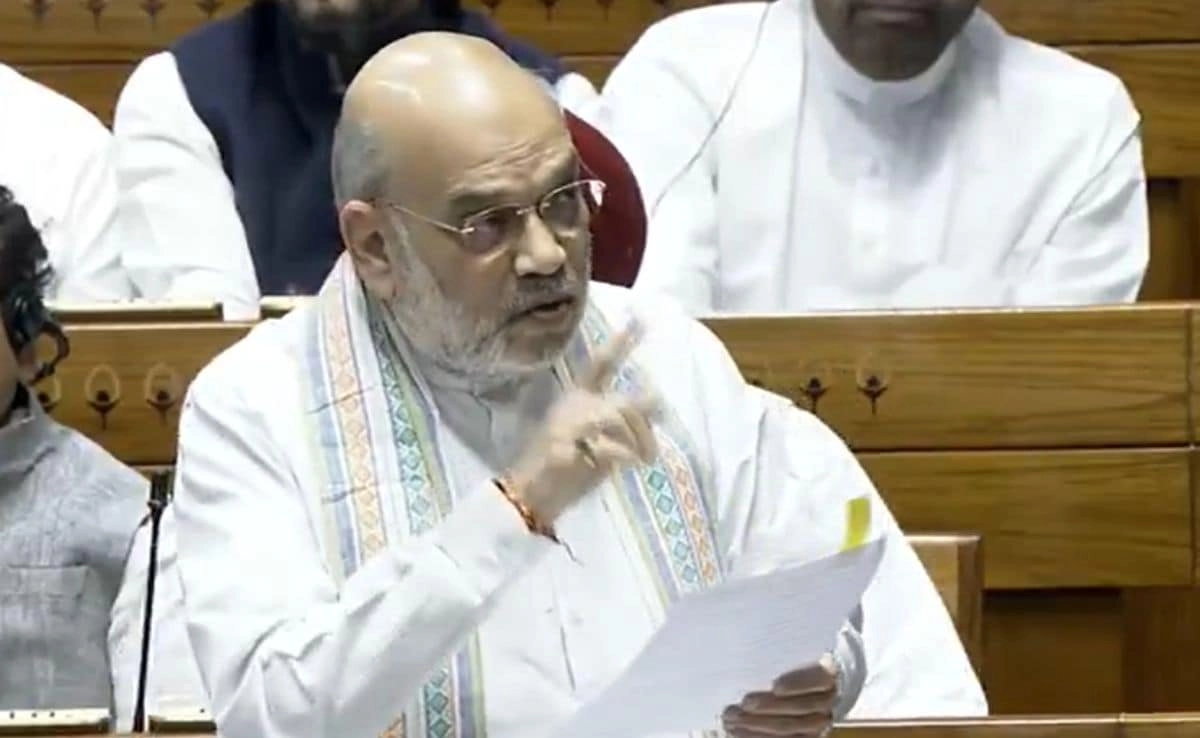The recent Air India crash has sparked widespread debate, particularly surrounding the implications of the two significant leaks and the subsequent probe report. As the investigation unfolds, it becomes crucial to question the motivations behind these leaks and whom they ultimately serve. In a situation where human lives and public safety are at stake, transparency is essential, yet the manner in which information is disseminated can often lead to confusion and misinformation.
These leaks appear to serve various interests, potentially obscuring the truth rather than illuminating it. On one hand, they might be aimed at diverting attention from systemic issues within the airline industry or regulatory bodies, allowing those responsible to evade accountability. On the other hand, they could be attempts to shape public perception in favor of certain stakeholders, whether that be the airline, the government, or the investigation teams involved. This raises important ethical questions about the integrity of the investigation process and the role of media in shaping narratives that may not align with the facts.
Moreover, the impact of these leaks could have far-reaching consequences. They may not only hinder the investigation but also affect the families of the victims who are seeking closure and accountability. It is imperative for the authorities to handle such sensitive information with care, ensuring that the public receives accurate updates that reflect the complexities of the situation. As the investigation continues, it is vital for all parties involved to prioritize transparency and truth over sensationalism or political maneuvering, ensuring that the lessons learned from this tragedy lead to meaningful changes in aviation safety protocols.
In conclusion, the Air India crash and the subsequent leaks highlight the necessity for a careful and responsible approach to crisis communication. The integrity of the investigative process must be upheld to ensure that the outcomes serve the interests of public safety and justice, rather than the agendas of those who might benefit from a distorted narrative. As we reflect on this tragic event, it is crucial to advocate for a thorough and unbiased inquiry that honors the lives lost and seeks to prevent future tragedies.




